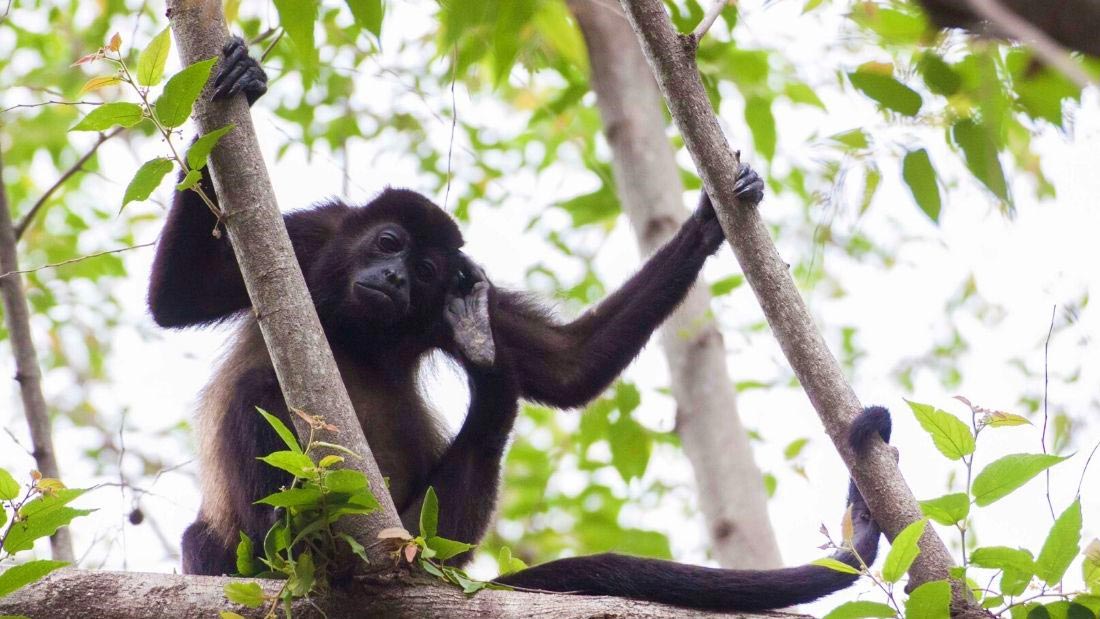Coronavirus is a call for change

Air quality in cities has improved as a result of the coronavirus lockdown, but it’s a temporary glimpse of how things could be rather than a cause to celebrate.
Head of the UN Environment Programme (UNEP), Inger Anderson says the current drop in greenhouse gas emissions is the result of a tragic economic slowdown and human distress. What we need, Anderson says, is a long-term cleaner and greener change to our production and consumption habits – a profound shift to a sustainable economy that works for the planet as well as the people who inhabit it.

Coronavirus links to wild animals
Anderson says we need to understand where this pandemic came from, as the health of the planet plays a crucial role: “As we continue to encroach on fragile ecological ecosystems, we bring humans into ever-greater contact with wildlife. Further, illegal wildlife trade and illegal wet markets are not infrequent causes of such diseases. Around 75 per cent of new and infectious diseases are zoonotic and, in fact, about 1 billion cases of illness and millions of deaths occur every year from these diseases.”
Human activity, such as the expansion of animal agriculture, has changed three-quarters of the planet’s surface, squeezing wildlife into ever-smaller corners.
Deforestation and the fourth most common crime
We need to stop deforestation and tackle the illegal wildlife trade, the fourth most common crime committed worldwide.
Nature is critical to our own survival: it provides us with oxygen, regulates weather patterns, pollinates crops and produces food. Anderson says that “keeping nature rich, diverse and flourishing is part and parcel of our life’s support system”.
One planet, one health
A different economy must emerge, says Anderson, “because the health of people and the health of the planet are one and the same”.
Find the answers to all your questions about coronavirus here and the links between zoonotic diseases and factory farming explained here.
Image credit: UN Environment Programme.




